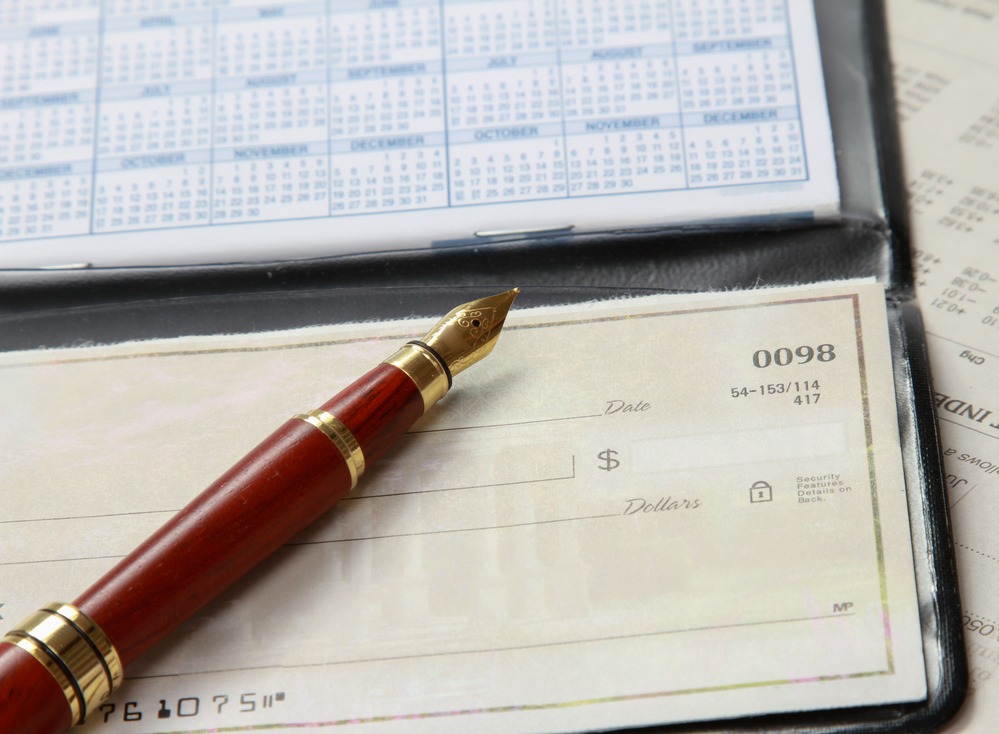Common Bankruptcy Questions – Answered
Posted by Gregory M. Rada | December 14, 2022 | Firm News
Bankruptcy Lawyer
As a bankruptcy lawyer who area residents recommend can explain, deciding to file for bankruptcy shouldn’t be taken lightly. While filing for bankruptcy may feel like a daunting process, for some, it may be the most appropriate way to experience relief from the crushing debts you may be dealing with. While bankruptcy may be challenging to come to terms with, the debtor’s obligations will be stressful and anxiety-provoking. Many people who find themselves in over their heads may experience constant calls from creditors, concern over how they will pay their living expenses, and stress over whether they will be able to keep their homes. With help from a firm like The Law Offices of Ronald I. Chorches, it’s possible to understand how to move forward, have questions answered, and move towards experiencing relief from crushing debts.
What types of personal bankruptcy are available?
Depending on a person’s situation, several types of bankruptcy options may be available. There are primarily two types of personal bankruptcy available, Chapter 7 and Chapter 13. It’s essential to be aware that it’s critical to meet with a lawyer to determine the appropriate option based upon your needs carefully:
Chapter 7
Chapter 7 is known as a full liquidation, meaning those filing can have much of their debts liquidated through bankruptcy proceedings. However, to file for Chapter 7, filers must meet specific requirements to be eligible. Filing for Chapter 7 requires filers to pass a means test, meaning their income must fall below the median income for the state. In addition, filers must also receive credit counseling within 180 days of filing and have not filed for bankruptcy in the last eight years.
Chapter 13
Chapter 13 is known as the wage earner’s plan and is the most appropriate option for those who do not qualify for Chapter 7 and still have an income to contribute to their debts. Chapter 13 allows filers to have some of their debts forgiven and the ability to reorganize their debts to repay over 3-5 years. Chapter 13 offers many advantages, including catching up on missed mortgage payments and preventing their homes from foreclosing.
How is the bankruptcy process initiated?
Once a debtor has determined the proper type of bankruptcy to file for, they will initiate the process by filing a petition with the court. While the process can be reasonably straightforward, with the assistance of a lawyer, it’s possible to ensure that the debtor’s needs and interests are kept at the forefront.
What is the best way to stop foreclosure on my home?
When a person is considering bankruptcy, one of the first things they will be concerned over is whether they can prevent the foreclosure of their home. Know that options are available to prevent foreclosure depending upon the debtor’s specific situation. Upon filing for bankruptcy, the court will grant an automatic stay meaning that efforts to foreclose on a person’s home must come to a halt. While it may not be possible to stop foreclosure through exemptions when filing for Chapter 7, Chapter 13 may offer the opportunity for a debtor to catch up on mortgage payments and keep their home.
How long does it take for bankruptcy to resolve?
In most cases, bankruptcy can resolve in as little as a few months. However, it’s important to note that filing for Chapter 13 can take 3-5 years through the repayment process before the bankruptcy process is finally reached.
What is the best way to rebuild credit after bankruptcy?
Most people are concerned with the length of time it can take to rebuild credit after bankruptcy. Note that the process for doing so begins immediately. While a person’s credit will undoubtedly take a hit, it’s possible to start rebuilding credit by making fiscally responsible decisions and ensuring that you live within your means.








